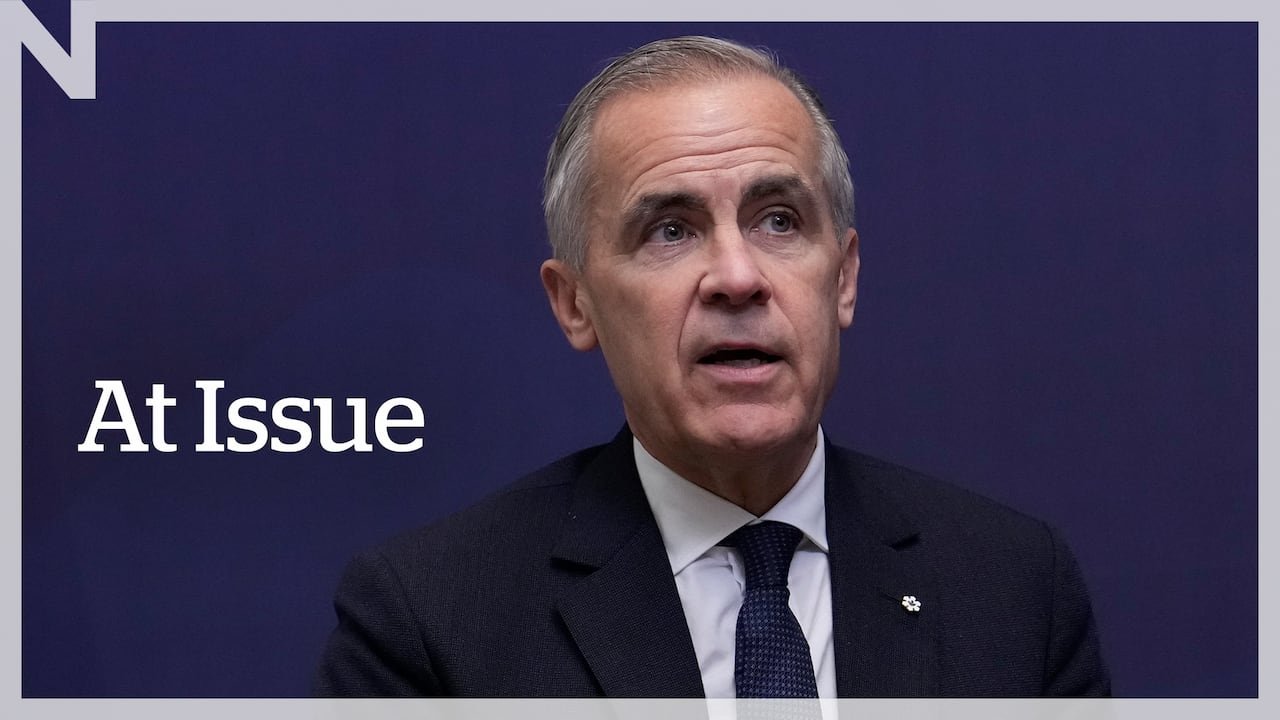Public health records from Ottawa and Toronto schools show that among the cohorts tested this year, more than half of students did not have up-to-date vaccination records, which experts say exposes an outdated system that does not help in the race to increase vaccination rates.
Toronto Public Health said it sent 60,000 letters over the summer to students in grades two to five who had not submitted records. The Immunization of School Pupils Act requires that students be vaccinated against nine diseases in order to attend school.
The public health unit said earlier this month that about 54 percent, or 50,000, students were still not in compliance and would receive suspension notices if their records are not updated in the coming months.
Similarly, in Ottawa, the city’s public health unit said that, as of Oct. 12, about 16,000 students were not up to date on their immunization records in grades 2 and 12. That’s more than 66 per cent of children in those age groups.
In Ontario, it is up to parents to send vaccination records to public health units, which also send letters to households that have not done so or have not requested the exemption. Each year, local public health units select cohorts to assess compliance.
Ontario schools are beginning to suspend some of the thousands of students who are not fully vaccinated, as the spread of measles continues.
Toronto Public Health said that in some grades, as few as 25 per cent of students have up-to-date immunization records. It is a particular problem among elementary school students.
Public health experts say the magnitude of the number of students receiving these letters reflects that the cumbersome, multi-step process, which often involves tracking down yellow cards or printouts from doctors’ offices, means public health officials have incomplete data.
“It’s not the ideal process and it’s not what we would like to see happen,” Dr. Michelle Murti, Toronto’s chief medical officer of health, said in an October interview at Metro Hall.
Vaccination rates decline
This comes at a particularly critical time for Canada, which is seeing vaccination rates fall as health experts address online misinformation. Canada is also on the verge of losing its measles-free status due to a year-long outbreak that has infected more than 5,000 people over the past year.
If it loses status, which would happen later this year after Pan American Health Organization meetings, Canada would need to show that vaccination rates have improved to 95 per cent or higher and that it has robust surveillance to identify and contain cases to regain its elimination status.
Murti said the ideal scenario would be for health providers to enter vaccination records directly into a provincial or national central registry, a system doctors have been calling for to be established in the province for decades.
Ontario’s top doctor, Kieran Moore, joined this chorus of calls last month, but acknowledged the challenge is integrating data from multiple healthcare providers stored in different systems. The Health Ministry has said it is working on a digital tool to give people access to their vaccine records and other personal health information, but no estimated timeline was available.
“We have been shouting from the rooftops for years about this issue,” Murti said.
A new study published in the Lancet medical journal suggests that childhood vaccinations have stagnated or declined since 2010. The authors say geopolitical instability is driving the decline in some countries, but misinformation is largely driving the decline in high-income countries.
Dr. Milena Forte is familiar with the dangers of the vaccine reporting system, both as a family doctor and as a mother in Toronto.
Earlier this month, Forte said a mother brought her children to an appointment after receiving a letter from Toronto Public Health indicating her children were missing immunizations. But when Forte reviewed his records, he saw that the children were up to date.
“You can imagine all the paperwork and all the people involved,” Forte said. “In a stressed system, we use resources to duplicate tasks; that doesn’t make much sense.”
Some students suspended
Forte received one of these letters a couple of years ago stating that her own child was missing immunizations and would receive a suspension notice if records were not provided.
She was sure her son was vaccinated and even recorded the date, but she still had to go through the process of calling his doctor and asking him to look up the information in his system and send his documentation to the school and public health.
“It’s creating additional work and we could use this time to advise on other preventive health issues, including things like vaccination,” Forte said.
Last year, Hamilton’s public health unit sent nearly 22,000 letters to parents of students in grades 8 to 12 and 1 to 3 about incomplete immunization records, representing about 38 per cent of students in those cohorts. Ultimately, around 6,400 were suspended.
Toronto Public Health says that in the 2024-25 school year, 6,090 students were suspended for one day or more. More than 4,400 students remained suspended on the second day.
With colder weather coming to the region soon, Region of Waterloo Public Health has released its fall vaccination plan. David Aoki, director of infectious diseases and chief nursing officer for the Waterloo Public Health Region, explains what you need to know.
Joe Crampton, a father of two in Hamilton, said it’s “ridiculous” there isn’t a consolidated record of all this information.
“The way you would expect this to work at a financial institution is that you would simply grant one entity access to see the other. But you don’t do that. You write into a system from a handwritten yellow card, but if you can’t find a card, you’re in trouble,” said Crampton, who works in software for financial institutions.
Ottawa-based Dr. Kumanan Wilson has been advocating for a vaccine registry for nearly two decades.
The current challenge remains the same, except that one element that could make a difference has changed: the resurgence of vaccine-preventable diseases like measles.
“It’s something we never expected to see,” he said. “Maybe it’s a little more urgent to address this.”










